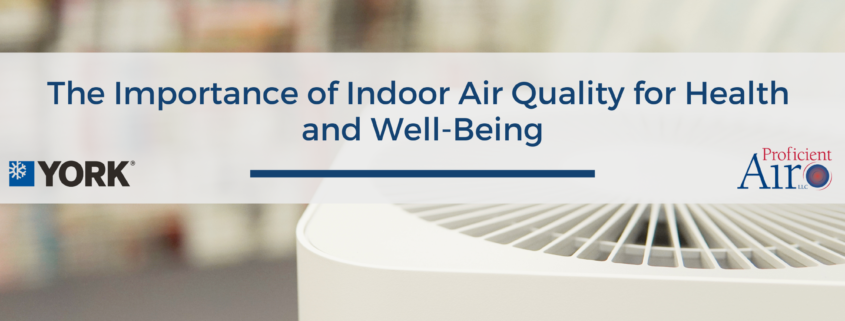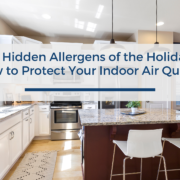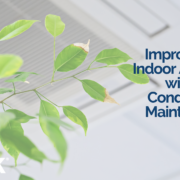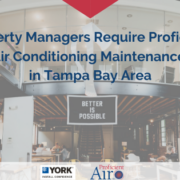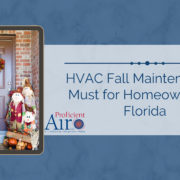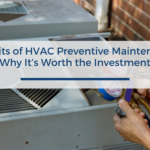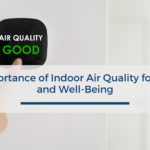The Importance of Indoor Air Quality for Health and Well-Being
Our home is our sanctuary – the place where we seek comfort, relaxation, and safety. It’s where we spend most of our time. But have you ever considered the quality of the air you breathe within your home?
Studies have shown that indoor air can be more polluted than outside air. It emphasizes the critical importance of indoor air quality (IAQ) and the need to prioritize clean, healthy air in our homes.
In this blog, we will delve into the significance of maintaining good IAQ and explore practical steps to ensure the air we breathe indoors is as fresh and pure as the outdoor air we long for.
The Health Effects of Poor Indoor Air Quality
Indoor environments can harbor various pollutants that can have detrimental effects on our health. Common indoor pollutants include volatile organic compounds, allergens, mold, and radon.
Exposure to these pollutants can lead to various health risks, such as respiratory issues, cardiovascular problems, cognitive and neurological effects, and an increased risk of certain cancers. That means the quality of the air we breathe indoors can have profound consequences for our well-being.
Tips for Improving Indoor Air Quality
Investing in preventive maintenance pays off in terms of system longevity. Identifying and addressing potential problems through routine inspections and maintenance can prevent them from escalating into major ones.
Prevent costly breakdowns and extend the lifespan of your HVAC system by detecting and resolving minor issues early on. It’s like giving your HVAC equipment a health check-up, ensuring it stays in optimal condition for years to come.
Regular cleaning and dusting
Regular cleaning practices, such as dusting surfaces and vacuuming, can help reduce the accumulation of dust and airborne particles in our living spaces.
Proper ventilation and air circulation
Improving ventilation and air circulation is vital in enhancing indoor air quality. Allowing fresh air to flow through your indoor space reduces the concentration of pollutants, improving IAQ.
Avoid smoking indoors
When you smoke indoors, harmful chemicals and pollutants are released into the air, creating a toxic environment. They linger in the air, adhere to surfaces, and can be inhaled by anyone in your home, including non-smokers.
By promoting a smoke-free indoor environment, you take a proactive step in maintaining good air quality.
Use of air purifiers and filters
Air purifiers and filters are designed to capture and trap airborne contaminants, such as dust, pollen, pet dander, and mold spores, that can contribute to poor IAQ and respiratory issues. They effectively remove pollutants and reduce the concentration of harmful particles in the air.
Regular maintenance of HVAC systems
Scheduling regular maintenance ensures optimal performance of your HVAC system, thereby improving IAQ. This allows you to enjoy a comfortable living environment with cleaner and healthier air, reducing the presence of pollutants and promoting the well-being of occupants.
Final thoughts
Indoor air quality (IAQ) profoundly impacts our health and well-being, yet it is often overlooked. By understanding the significance of maintaining good IAQ and implementing practical steps to improve it, we can create a home environment that nurtures our health and supports our overall well-being.

